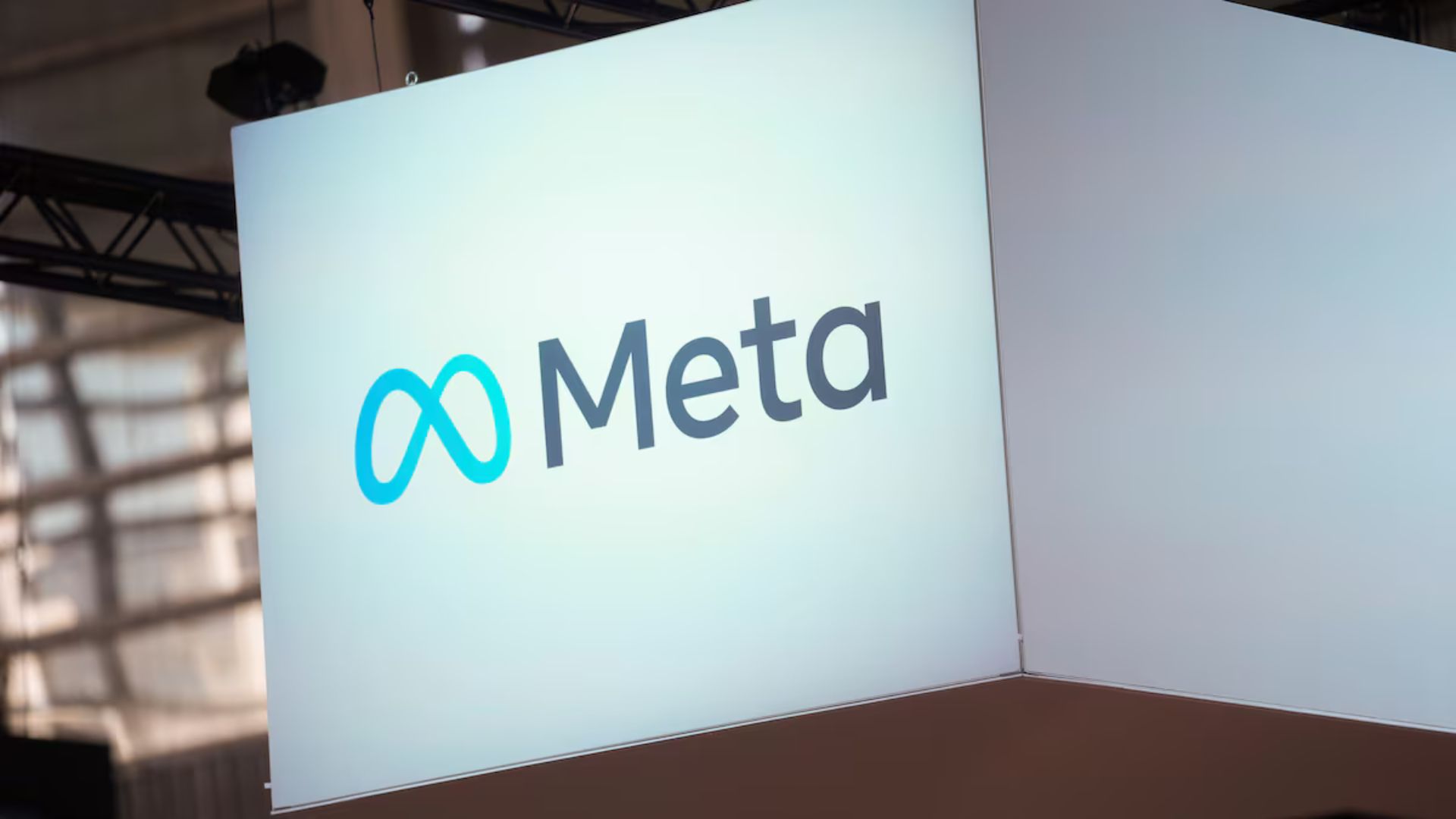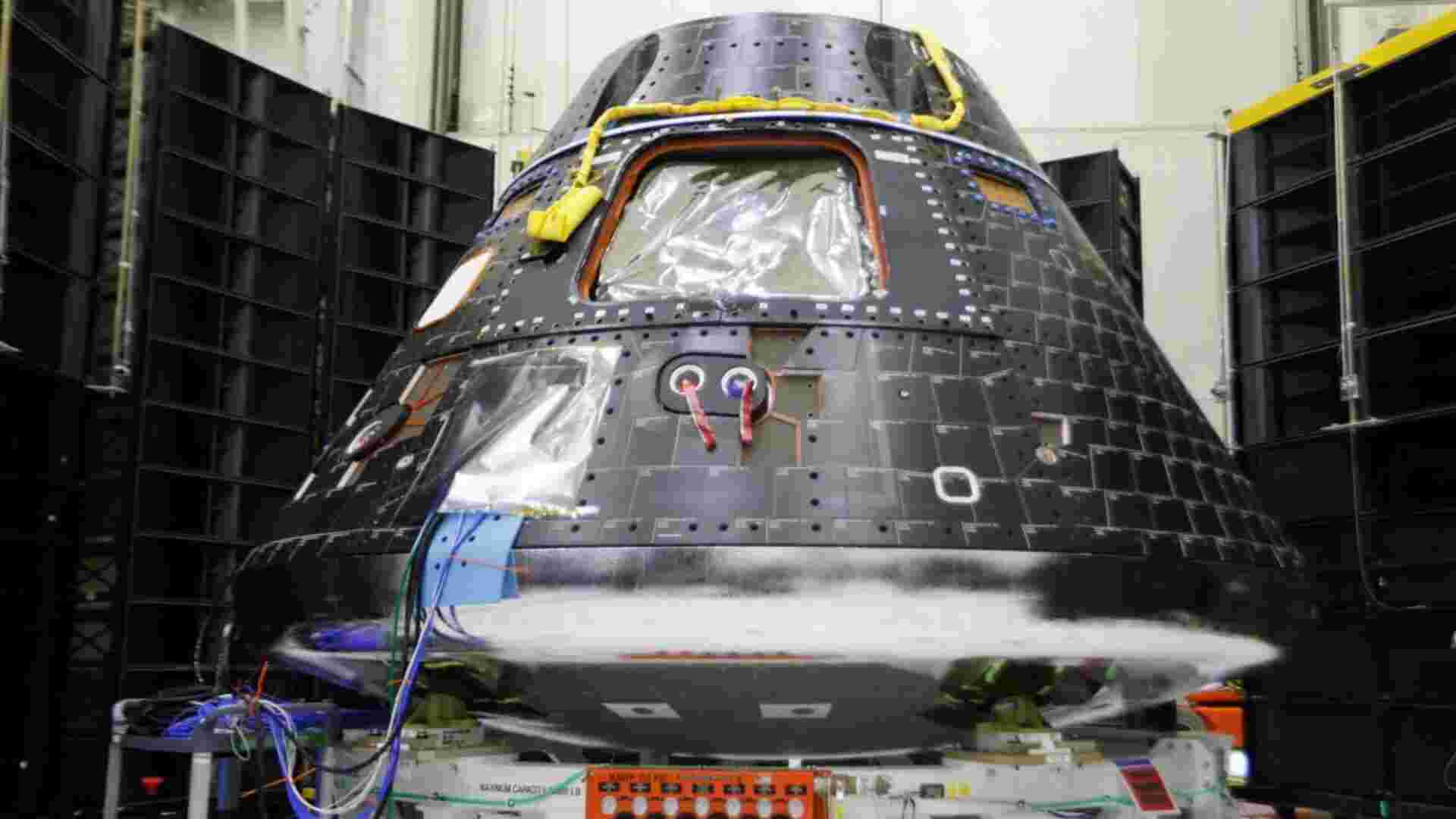Google’s DeepMind has made a significant advancement in weather forecasting with its new AI model, “GenCast,” which surpasses the world’s most reliable forecasting systems. Unlike traditional models that rely heavily on physics-based equations, GenCast employs machine learning to produce ensemble-based forecasts. This allows it to generate probability-driven projections, rather than the usual deterministic “one outcome fits all” approach.
The model has also demonstrated a strong ability to predict extreme weather events, even those that were not part of its training data. This capability holds great promise for forecasting unprecedented and severe events, which are becoming more frequent due to climate change.
Must Read: Tim Cook Planning To Step Down? Here’s What The Apple CEO Said About Him Quitting
Weather Forecasts
The use of AI in weather forecasting is expected to complement, rather than replace, the work of human meteorologists. Experts stress that the specialized knowledge of trained forecasters is still essential. Their ability to interpret complex data and account for inconsistencies gives them an advantage over AI models, particularly in real-time situations.
AI systems like GenCast are viewed as powerful tools that can enhance a forecaster’s capabilities, offering valuable insights to improve everyday predictions. However, they are not meant to fully replace existing physics-based models. Instead, they provide an additional perspective, especially useful for predicting extreme weather events and other high-impact scenarios.
Must Read: Chameleon AI: A Revolutionary Tool for Protecting Users from Facial Recognition Scanning
GenCast
A study published in Nature highlighted the impressive performance of GenCast, revealing that it outperformed the European Centre for Medium-Range Weather Forecasts (ECMWF) ensemble—a benchmark in weather modeling—in over 97% of the evaluated metrics. This includes accurately tracking tropical cyclones, forecasting extreme events, and predicting renewable energy outputs such as wind power.
One of GenCast’s standout features is its speed. While traditional models can take hours of supercomputer calculations, GenCast utilizes cloud processing to generate ensemble forecasts in just eight minutes. Trained on decades of historical weather data from 1979 to 2018, it represents a significant leap forward in forecasting efficiency.
Limitations
Despite its strengths, GenCast is not without its limitations. Critics note that its projections have gaps, such as offering updates only every 12 hours over a 15-day period, which could lead to missing critical developments between those intervals. These limitations mean it cannot yet fully replace existing systems.
Nonetheless, the emergence of AI-driven models like GenCast, along with efforts from companies like Nvidia and Microsoft, marks a transformative moment in weather forecasting. With ongoing refinement, AI is poised to become an indispensable tool in how we predict and prepare for the weather.
Must Read: OpenAI, US Defense Contractor Anduril to Co-Develop Military AI and Drone Technology














